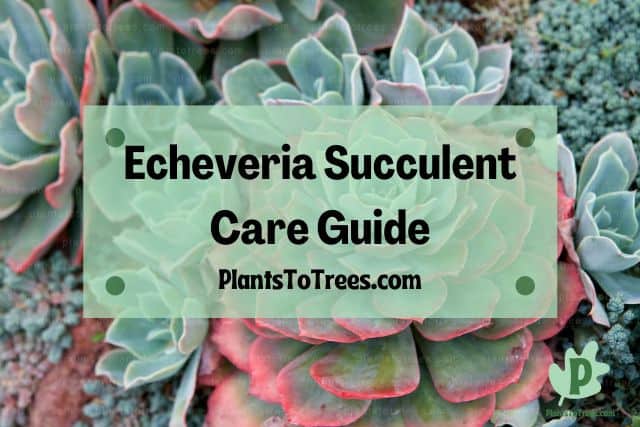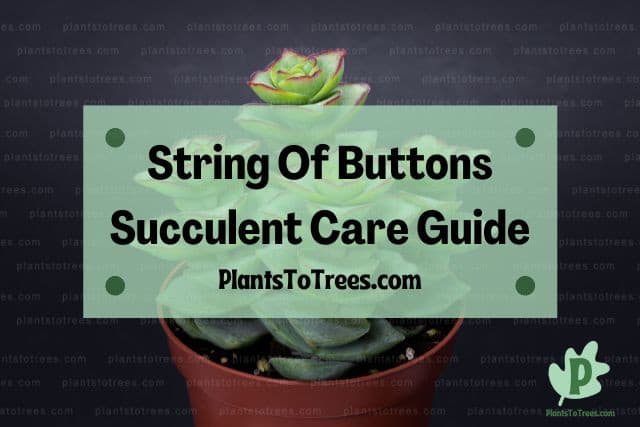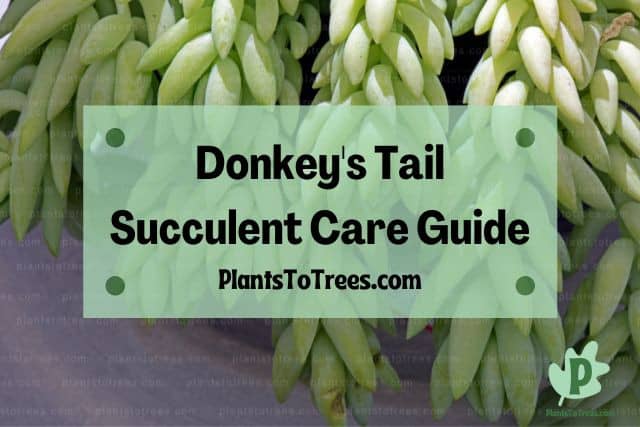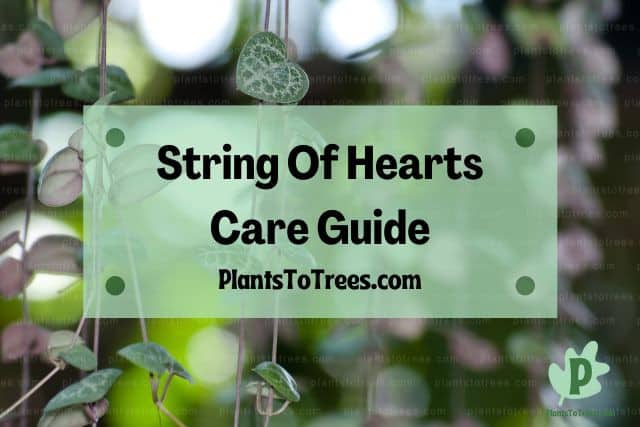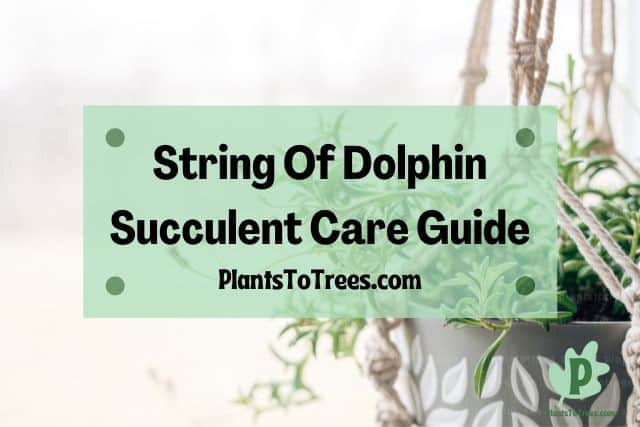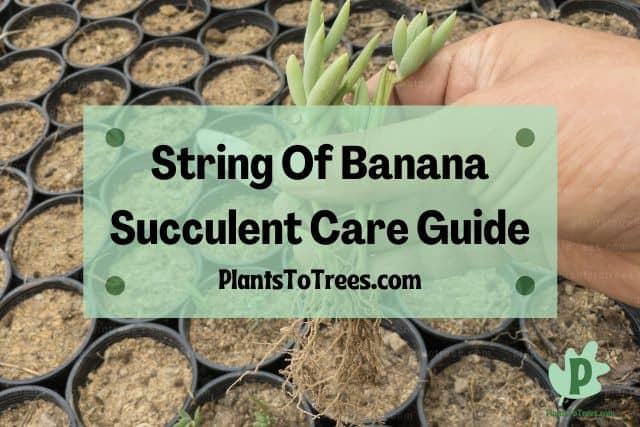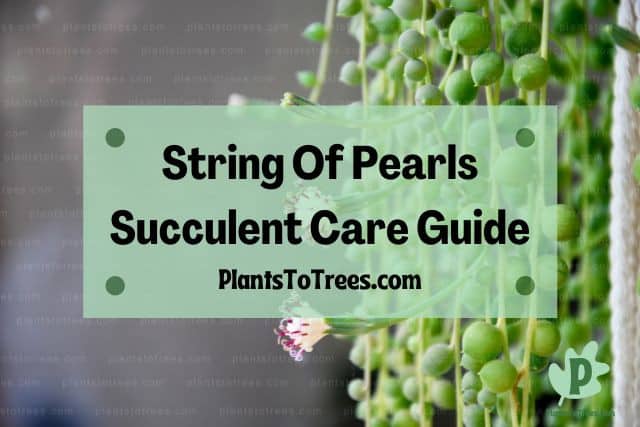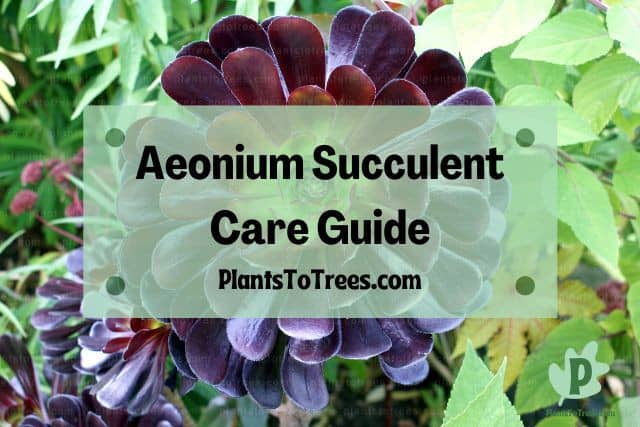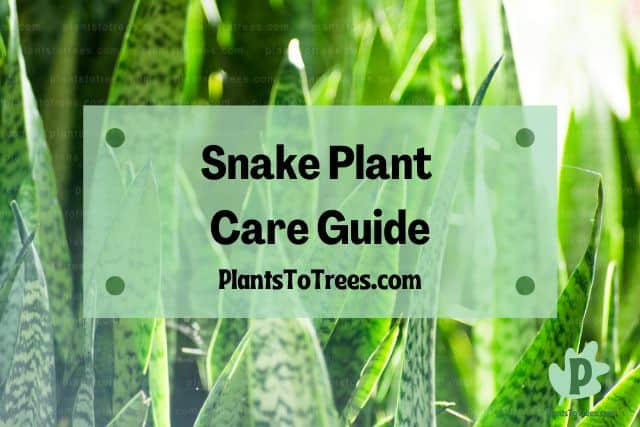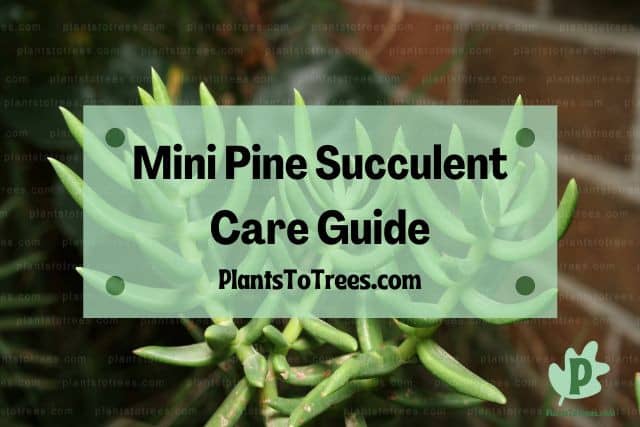Echeveria Succulent Care Guide
Not only is echeveria succulents not toxic to cats, but they are often included on lists detailing safe houseplants for cats. With that said, however, you should still not allow your cat to bother the plant since it can damage the succulent and could potentially cause them to have an upset stomach.

